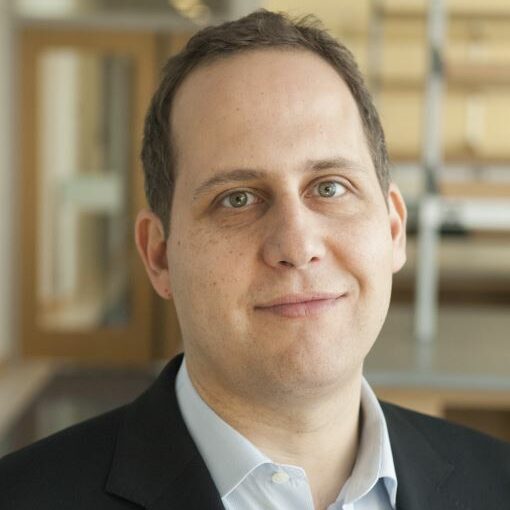Dr. Cohen studies the crosstalk between tumors and surrounding fat tissue to better understand the role obesity plays in the pathophysiology of breast cancer. The underlying cellular and molecular mechanisms of this crosstalk are potential targets for therapeutic intervention. With this project, he is identifying genes that promote or repress tumorigenesis in obese patients and defining molecular features that are specific to obesity-dependent tumor growth. His team will perform comprehensive profiling of peritumoral and distal mammary fat from lean, overweight, and obese women undergoing mastectomy to identify candidate pathways for mechanistic studies in mouse models.
Dr. Cohen is a graduate of the Weill Cornell/Rockefeller/Sloan Kettering Tri-Institutional MD-PhD Program. He completed clinical training in Internal Medicine at Columbia and in Cardiology at Brigham and Women’s Hospital and conducted postdoctoral research at Dana Farber Cancer Institute. Dr. Cohen’s lab focuses on understanding the molecular links between obesity and associated diseases with a particular focus on diabetes, cardiovascular disease, and cancer.
Published Research
Eljalby M, Huang X, Becher T, Wibmer AG, Jiang CS, Vaughan R, Schöder H, Cohen P. Brown adipose tissue is not associated with cachexia or increased mortality in a retrospective study of patients with cancer. Am J Physiol Endocrinol Metab. 2022.
Gómez-Banoy N, Ortiz EJ, Jiang CS, Dagher C, Sevilla C, Girshman J, Pagano AM, Plodkowski AJ, Zammarrelli WA, Mueller JJ, Aghajanian C, Weigelt B, Makker V, Cohen P, Osorio JC. Body mass index and adiposity influence responses to immune checkpoint inhibition in endometrial cancer. J Clin Invest. 2024.




